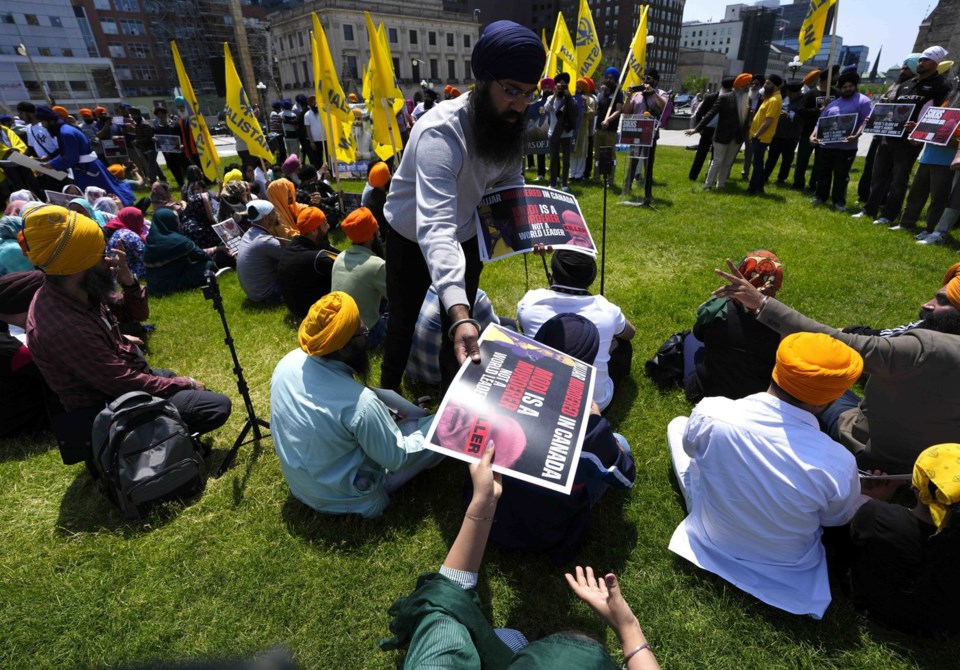As the 2025 G7 Summit officially commenced in Alberta, large crowds of protesters gathered near the heavily secured venue, sending a loud and urgent message to world leaders: “Say something.” The summit, taking place under heightened global scrutiny, is the first of its kind with Donald Trump back in office as President of the United States and Mark Carney serving as Canada’s new Prime Minister—a political landscape shift that has only intensified public concern and activism.
Protesters from a wide range of advocacy groups—climate action networks, Indigenous rights movements, anti-war coalitions, and social justice organizations—lined the streets near the summit site in Banff National Park. Carrying signs with slogans like “People Over Profit,” “No War for Resources,” and “Protect the Planet, Not the Powerful,” demonstrators called for urgent action on issues they feel have been sidelined in elite diplomatic circles.
“This summit is happening while the world burns—literally and figuratively,” said Tara Mitchell, a climate activist from Vancouver. “We’re here because leaders like Trump and Carney must hear from people, not just corporations.”
While the summit’s official agenda includes economic stability, security cooperation, and energy transition, many protest groups say those discussions are not bold enough. The return of Donald Trump to the global stage and the appointment of former central banker Mark Carney as Prime Minister have created a politically charged atmosphere, particularly regarding:
Climate inaction and fossil fuel dependence
Continued military engagement in Ukraine and the Middle East
Wealth inequality and corporate influence on policy
Indigenous land rights and environmental sovereignty
Protests have remained largely peaceful, though police have increased their presence in anticipation of potential disruptions. Authorities established “designated protest zones” around Banff, while access to the summit venue remains tightly controlled. Dozens of climate organizations, student movements, and human rights groups have issued coordinated statements urging G7 leaders to address global crises with urgency and transparency.
“This is not just another summit,” said political analyst Jerome Fletcher. “It’s a crossroads for democracy, diplomacy, and public accountability—with high stakes both domestically and internationally.”
Both Carney and Trump are expected to respond to domestic and international pressure during their public remarks. Carney, known for his climate finance expertise and moderate leadership style, faces the difficult task of reconciling Canada’s energy sector interests with global climate goals. Trump, on the other hand, has returned to the G7 with a renewed nationalist agenda, vowing to renegotiate trade terms and challenge global regulatory frameworks.
Despite the political contrasts between the two leaders, neither has yet directly addressed the protesters’ calls—a silence that only further fuels the demonstrations.
As the G7 Summit continues through the weekend, activists have vowed to maintain their presence, holding rallies, teach-ins, and digital campaigns demanding more than symbolic gestures from the world’s most powerful democracies.
Their message is clear: silence is no longer an option.
Canadianpress.com


